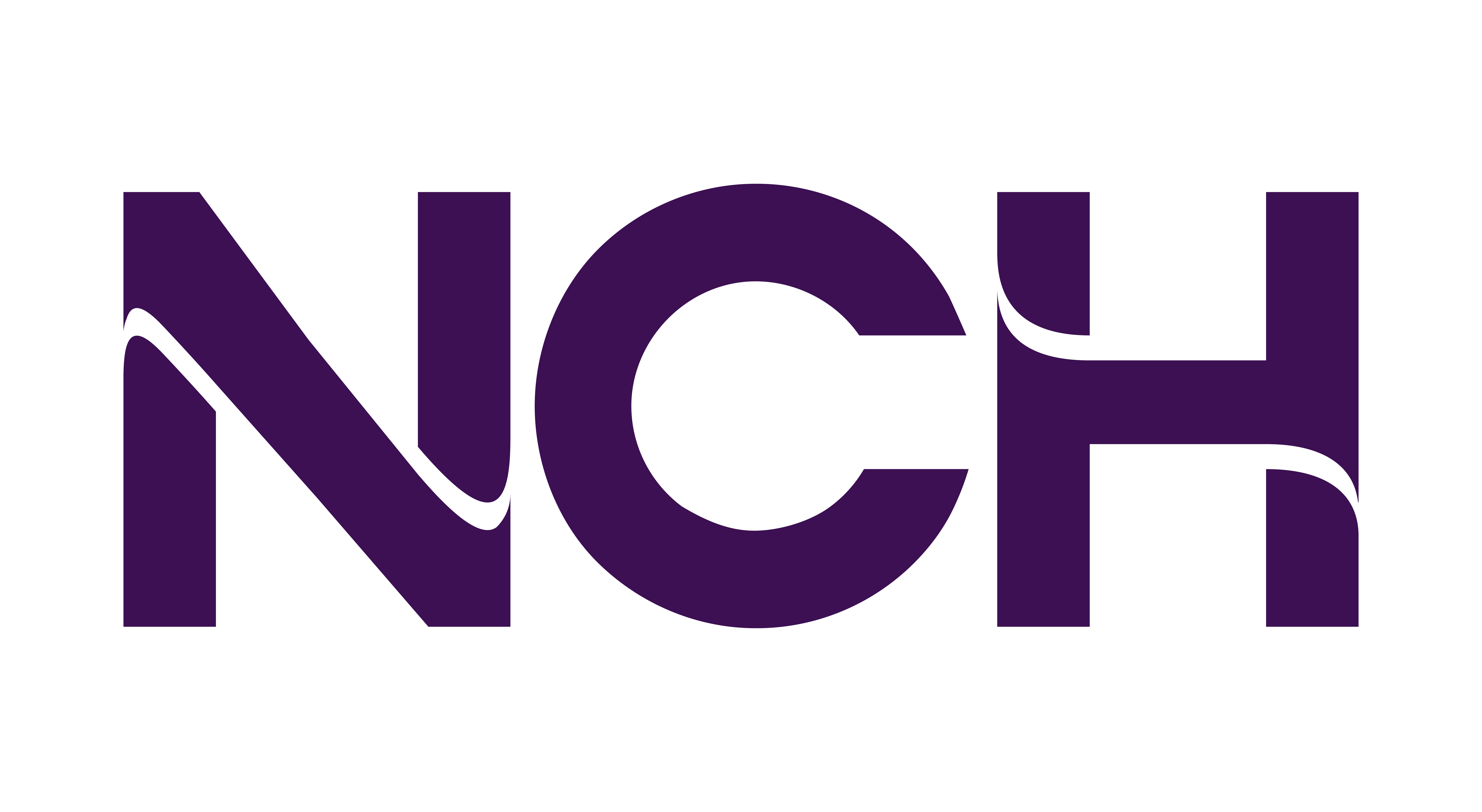Naples, Fla. — With every U.S. state in some gradual phase of re-opening, more Americans are faced with the dilemma of returning to work and potentially exposing co-workers, friends and family to COVID-19. We have all been made aware of the precautions: wear a mask, maintain a safe, six foot-distance and stay home when feeling unwell – but what happens when someone in your household or office knowingly or unknowingly violates these precautions? What happens when a family member, friend or co-worker displays coronavirus symptoms and tests positive after days or weeks of working in the office or catching up with loved ones?
That’s where contact tracing steps in.
Contact tracing may be unfamiliar to many Americans, but it has been employed in previous outbreaks and may be the key (or one of several keys) in eliminating this one. Let’s say a supervisor at work comes down with a fever and decides to get tested – indeed, the proper thing to do. If their results come back positive, the Centers for Disease Control and Prevention (CDC) is done under CDC direction by local health departments. They will work with them to identify everyone that they potentially came into close contact with while infectious. Once this list is compiled, the health department will work rapidly to contact these potential cases and educate them on the symptoms of COVID-19 and how to monitor their condition. These contacts who meet criteria will be strongly encouraged to enter self-quarantine and will be advised on how best to mitigate exposure to family, friends and co-workers.
Reflect on your own health. If you have experienced the following symptoms within the past two weeks, it may be best to get tested and let contact tracing do its job: fever or chills, cough, shortness of breath or difficulty breathing, fatigue, muscle or body aches, headache, new loss of taste or smell, sore throat, congestion or runny nose, nausea or vomiting, or diarrhea. Severe symptoms include trouble breathing, persistent pain or pressure in the chest, confusion, inability to wake or stay awake, or bluish lips or face. If you experience severe symptoms, seek immediate medical care.
In the midst of uncertainty, contact tracing is nothing to fear – it’s been used in the past, and public health officials are trained to readily identify and help those who have potentially been exposed. There’s also no reason to worry about disgruntlement or retaliation from those around you if you do test positive as your name or personal information will never be revealed by public health officials. For that reason, you can rest easy and focus on your overall health. We at NCH are working hard to help you through these difficult times – just as contact tracers are working tirelessly to keep the public safe and eliminate the spread of disease.




